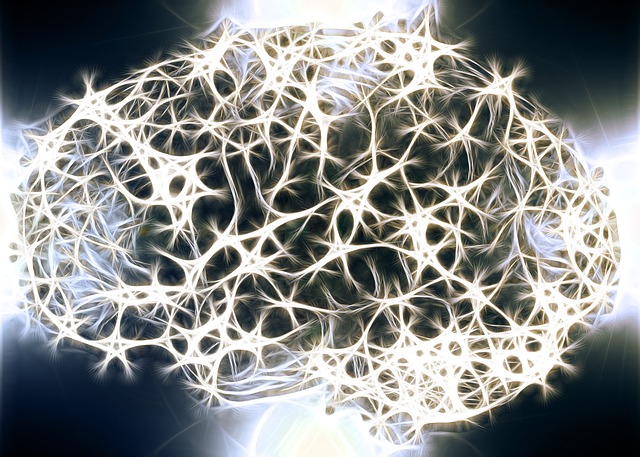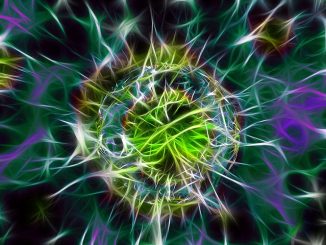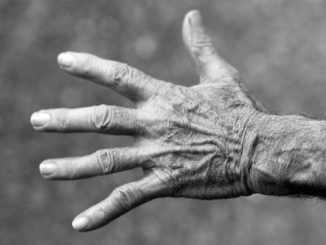
Researchers at University of California, Irvine (UCI) have developed a method that can transform human skin cells into brain cells. With this amazing feat, scientists may be able to better understand what role inflammation plays in the progression of Alzheimer’s disease. And this knowledge could lay the groundwork towards developing more effective treatments and therapies to manage the condition.
Before this breakthrough, scientists relied mostly on mice microglia to study the immunology of Alzheimer’s. Microglia — sometimes referred to as ‘Hortega cells’ — are a special kind of cell that can be found in the human brain and spinal cord. The primary role of these cells is to protect the brain and the spine from infections, disease and any invading microbe. They provide immune support for the entire central nervous system by removing dead cells, damaged cells and other debris.
Along this line, microglial cells also help keep healthy cells from degenerating — managing inflammation as well as developing and maintaining the integrity of neural networks — which is why they are believed to play a special role in delaying the progression of neurodegenerative conditions like Alzheimer’s.
While studying brain cells from mice is useful, studying the real thing is, of course, more preferable. And the method developed by the UCI team is a step in this direction.
Using skin cells donated by UCI Alzheimer’s Disease Research Center patients, the UCI team led by Edsel Abud, Mathew Blurton-Jones and Wayne Poon made use of a genetic process to reprogram the skin cells and turn them into induced pluripotent cells (iPSCs) — adult cells that are modified to act like embryonic stem cells which can turn into any kind of cell or tissue. The iPSCs were then exposed to a ‘series of differentiation factors which mimicked the developmental origin of microglia’. This exposure resulted in cells that are pretty much like human microglial cells.
Instead of continuing to rely on mice microglial cells, scientists now have a more realistic model for studying human disease in order to develop new and better therapies. And they have now started on this new path. They are using the microglial-like cells in 3D brain models so they can study how these cells interact with other brain cells and understand how this interaction impacts the progression of Alzheimer’s and the development of other neurological conditions.
As explained by Professor Blurton-Jones in a statement they issued: “Microglia play an important role in Alzheimer’s and other diseases of the central nervous system. Recent research has revealed that newly discovered Alzheimer’s-risk genes influence microglia behavior. Using these cells, we can understand the biology of these genes and test potential new therapies.”
This latest breakthrough is once again proving how important stem cells are in helping understand biological processes, both under normal conditions and under disease-related conditions. Eventually, scientists are bound to stumble on that ultimate discovery that can hopefully be instrumental in combating diseases right at their source, so we can stop dealing with devastating diseases, especially those that affect the brain and threaten a person’s life.
The study was recently published in the journal Neuron.
- Bulenox: Get 45% to 91% OFF ... Use Discount Code: UNO
- Risk Our Money Not Yours | Get 50% to 90% OFF ... Use Discount Code: MMBVBKSM
Disclaimer: This page contains affiliate links. If you choose to make a purchase after clicking a link, we may receive a commission at no additional cost to you. Thank you for your support!




Leave a Reply